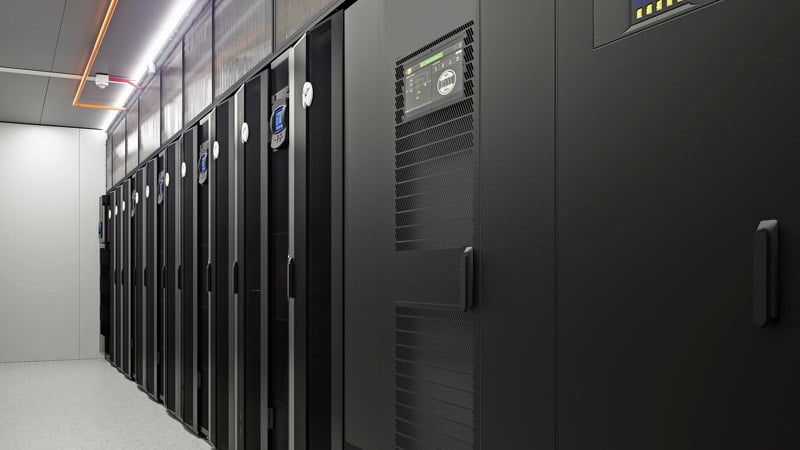One of the major impacts of the pandemic was the renewed focus on the criticality of technology as a support for everyday life. According to CEPAL, in developed countries today, high and medium technology industries (aerospace, computer equipment, electronics-communications, pharmaceuticals, scientific instruments, and manufacturing, among others) represent almost 50% of the total value added due to their sophistication, while in developing countries the figure is 40%.
The data center industry has a sizable responsibility when it comes to this issue. According to Statista, the total amount of data created, copied, and consume globally reached 79 zettabytes and is expected that by 2025 the figure will reach 181 zettabytes.
As the region with the fourth highest Internet adoption in the world (as of 2019, 67% of its population access the network), Latin America’s data center industry also has a lot of work to do. For the data to be distributed in the region quickly and safely, data centers must meet industry best practices, and this is where certifications play a key role.
The Uptime Institute's "Post-pandemic data centers" report warns that as data centers become more essential to post-pandemic economies, there is a greater need to regulate and certify them in areas such as resiliency and sustainability.
"Governments, regulators and IT customers will increasingly seek assurance that data centers are designed and operated to maintain availability during future pandemics," the report mentions.
The certification landscape
Data centers must provide data security, low latency, efficiency, and reliability. Certifications assure that facilities comply with international norms and standards when it comes to those factors.
Another important aspect regarding certifications is the value they add when selling spaces within colocation or multi-tenant data centers. A certified infrastructure improves the odds that it will operate properly, and within expected parameters. Therefore, certification becomes a differentiator and contributes to achieving a competitive edge in the colo/multi-tenant market.
Uptime Institute’s Tier certifications are the globally recognized standard for data center reliability and overall performance. LEED certifications are also used for issues related to sustainability and resource efficiency.
In Latin America, the Tier certifications of the Uptime Institute are widely implemented. Ecuador and Costa Rica were the first two countries in the region to achieve Tier IV certifications for their data centers in the early 2010s, paving the way for many other operators to follow.
Recently, one of the largest IT service providers in the region acquired the same certification, becoming the second data center in Chile to attain it. Vertiv led the way in this project, supporting the client during the design, construction, implementation and installation process of the cooling and power backup infrastructure that complied with the requirements of the Uptime Institute.
Similar to the work in Chile, we at Vertiv have emulated the same process in Peru, Brazil, and Bolivia, among other countries in the region, supporting the commitment that exists from data center operators to regulate and certify their infrastructures. This is an important step in the event of future pandemics, and to maintain the needs of an increasingly digital society.
Vertiv supports clients designing the infrastructure capable of meeting the certification requirements and advising them in the entire process. If you would like more information about these services, please contact us here.






